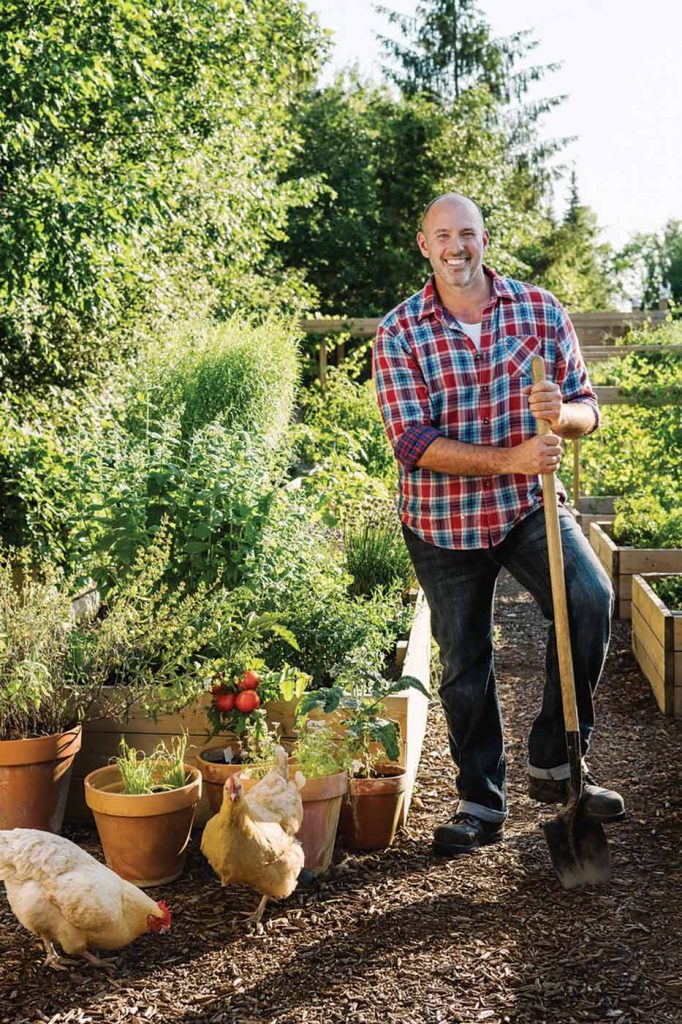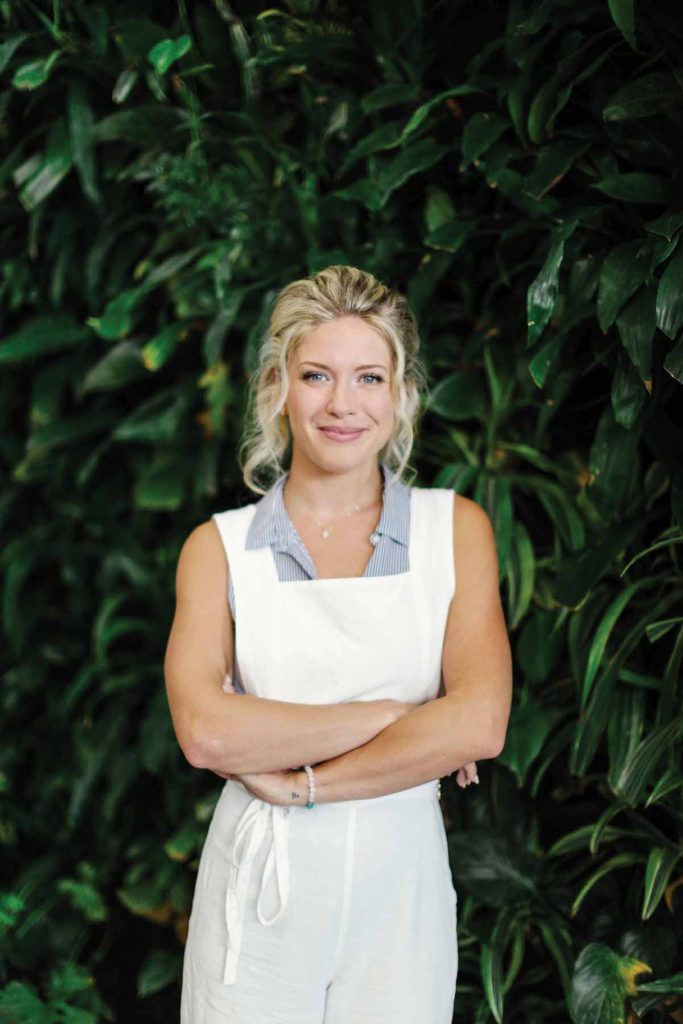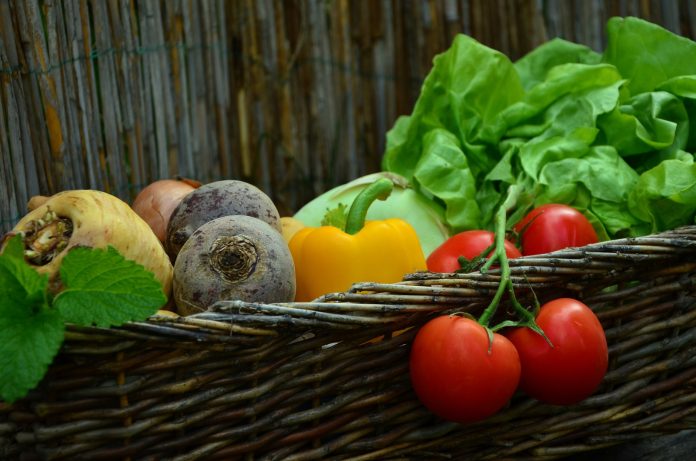By Patrick Langston, All Things Home
What’s with the under-45 crowd and vegetable gardening?
In a recent survey by Garden Centre Magazine of independent garden centres in Canada and the U.S., 65 per cent of respondents reported an increase in millennial customers (those aged 26 to 41) and 44 per cent saw more Gen Z clientele (25 and younger).
It’s a trend the media and others have noted since the start of the pandemic.
Younger gardeners “grew up hearing how important healthy and organic food was and now that they’re the adults, food prices have gone through the roof. So, that turns everybody to growing their own,” says Canadian celebrity gardener Carson Arthur.
This age group also values experiences over acquiring things, he says. So, when they spot social media friends growing vegetables, they say, “I want to do that, too.”

Little wonder they were ripe for getting their hands dirty when a kind of gardening frenzy descended on North America at the start of the pandemic in 2020. Reports of supply chain disruptions left many of us worrying that the food security we’d long taken for granted might be threatened.
That ignited a rush on vegetable seeds and plants that continued into 2021.
Younger gardeners, many of them first-timers, were swept up in the rush and then discovered vegetable gardening can not only yield an abundance of high-quality food, but also offers the joy of producing something with their own hands. As well, the less-hurried pace of pandemic life, especially in the early days, gave many the luxury of time that’s needed to grow food.
The move to vegetable gardening among millennials and Gen Z people over the course of the pandemic has coincided with another trend among that cohort, one that underscores Arthur’s observation about their fondness for experience and good food.
According to a 2021 study by the Agri-Foods Analytic Lab at Dalhousie University, millennials and Gen Z Canadians reported the greatest increase of all age groups in food literacy, which the lab defines as “understanding the impact of one’s food choices on one’s health, the environment and our economy.” In fact, of all age groups, millennials learned to cook the most during the first 10 months of the pandemic, followed by Gen Z respondents.
Emma Terrell is a millennial and gardening enthusiast who owns the niche gardening business The Urban Botanist. She says all forms of urban gardening, including vegetable growing, have put down roots among her fellow millennials and Gen Zs over the past few years.
“Plants are the new pets and pets are the new kids for millennials and Gen Zs,” she says, noting that many people are having children much later in life than did previous generations.
A 2019-2020 U.S. survey supports her observation. It found seven of 10 millennials consider themselves a “plant parent,” although the same survey discovered the average millennial respondent had killed seven plants they brought home.
Terrell says the millennial/Gen Z cohort is also committed to maintaining good mental health, and “plants make people happy.” Eating hyper-local food also fits with a growing commitment to environmental sustainability.

Terrell recommends that novice vegetable gardeners turn to Facebook groups and especially YouTube — “an incredible source of information” — when they have questions about their new passion.
Like Arthur, she says not to get upset if some vegetable plants flop.
“Getting it wrong isn’t a bad thing; we learn from mistakes… We’re all little urban botanists and we all do it our own way. It’s all for the fun of it!”
Like many gardeners, Terrell has limited outdoor space, so she maxes out her vegetable patch with various kinds of lettuce, spinach and arugula, along with highly productive plants like tomatoes.
Arthur is on board with easy-to-grow leafy greens like lettuce and kale.
He’s also big on trending items like blonde cucumbers. Yellowish and milder than the standard cuke, he says they’re great in salads and “fantastic with gin in a summer cocktail. We’re coming out of the pandemic and people want to celebrate in their outdoor spaces, saying ‘I grew this cucumber that I’m using in my gin.’”

